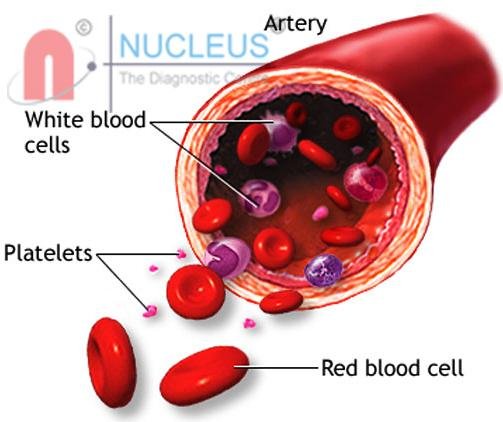Also Known As :
CBC, Hemogram, CBC with Differential
Formal Name :
Complete Blood Count
Overview
A complete blood count (CBC) is a blood test used to evaluate your overall health and detect a wide range of disorders, including anemia, infection and leukemia. A complete blood count test measures several components and features of your blood, including: Red blood cells, which carry oxygen; White blood cells, which fight infection; Hemoglobin, the oxygen-carrying protein in red blood cells; Hematocrit, the proportion of red blood cells to the fluid component, or plasma, in your blood; Platelets, which help with blood clotting; Abnormal increases or decreases in cell counts as revealed in a complete blood count may indicate that you have an underlying medical condition that calls for further evaluation.

Screening tests include self-checks, clinical exams, non-laboratory tests (such as imaging tests), and laboratory tests. The focus here is on laboratory screening tests and other tests and conditions related to healthy aging. It's easy to take these tests for granted, but their power to keep you healthier longer should not be underestimated.
Why it's done
A complete blood count is a common blood test that's done for a variety of reasons:
- To review your overall health. Your doctor may recommend a complete blood count as part of a routine medical examination to monitor your general health and to screen for a variety of disorders, such as anemia or leukemia.
- To diagnose a medical condition. Your doctor may suggest a complete blood count if you're experiencing weakness, fatigue, fever, inflammation, bruising or bleeding. A complete blood count may help diagnose the cause of these signs and symptoms. If your doctor suspects you have an infection, the test can also help confirm that diagnosis.
- To monitor a medical condition. If you've been diagnosed with a blood disorder that affects blood cell counts, your doctor may use complete blood counts to monitor your condition.
- To monitor medical treatment. A complete blood count may be used to monitor your health if you're taking medications that may affect blood cell counts.






